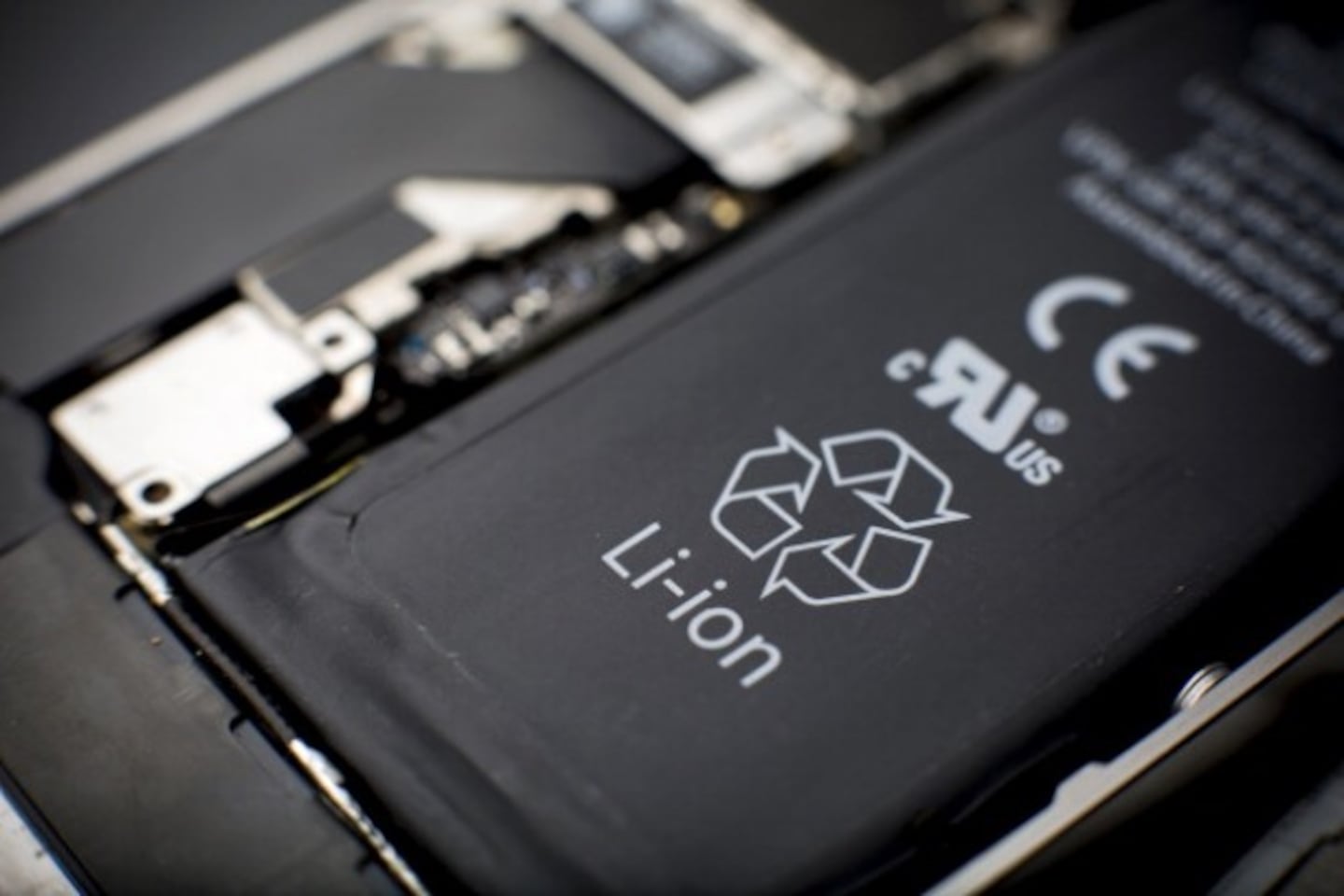TOPSFIELD, Mass. — A person suffered a minor burn after a cell phone charging in a Topsfield home exploded, sparking a fire in a bedroom, the fire chief said Tuesday.
At 5:35 p.m. Saturday, the North Shore Regional 911 Center received a report of a fire caused by a cell phone charging that had exploded and caught a bed mattress on fire, Topsfield Fire Chief Chief Jenifer Collins-Brown said in a statement. The home’s occupants were asked to evacuate. Police and fire responded.
When firefighters arrived, they extinguished the fire and then removed the burning bedding from the house, checked for extension and ventilated the house.
One of the residents suffered a minor burn and declined transport to the hospital, Collins-Brown said.
Crews cleared the scene within 45 minutes. Damage to the home is estimated to be $5,000.
Fire departments from Middleton and Georgetown provided mutual aid to Topsfield’s department, which is investigating the fire with the assistance of the State Fire Marshal’s Office.
Lithium-ion (Li-ion) batteries power everything from smartphones and laptops to scooters and electric vehicles, fire officials said. They have a very high energy density, meaning that they pack a lot of power into a small device.
If lithium-ion batteries are misused, or if they are defective, that power can cause a fire or explosion, according to the state Department of Fire Services.
Fire officials offered the following safety tips about lithium-ion batteries after Saturday’s house fire:
Before You Buy
• Purchase only devices that are listed by a nationally recognized testing laboratory such as Underwriters Laboratories (UL). Look for the lab’s mark on the packaging and device.
• Be sure you have working smoke alarms installed on every level of your home and a practiced home escape plan that includes two ways out.
Storage
• Read and follow follow the manufacturer’s storage instructions.
• Store lithium-ion batteries and the devices they power at room temperature whenever possible. Don’t leave them in a hot car, in direct sunlight, or in freezing temperatures.
Keep lithium-Ion batteries away from combustible materials.
• Store scooters and e-bikes outdoors if possible. If you must store them indoors, keep them away from doors, windows, and stairways. Always keep these routes clear so you can escape and emergency personnel can enter.
Charging
• Read and follow the manufacturer’s charging instructions.
• Always use the manufacturer’s battery, cord, and power adapter made specifically for the device. Aftermarket and generic accessories have been linked to serious Li-ion battery fires.
• Plug the charger directly into a wall outlet, not a power strip or extension cord.
• Don’t leave a device unattended while charging. Disconnect the charger when the device is fully charged: do not overcharge the device. • Charge devices on a hard, stable surface — never on a bed, couch, or pillow. Use
• Read and follow the manufacturer’s instructions for use.
• Use the battery designed for your device.
• Stop using the battery if it’s damaged.
• Stop using the battery if you notice an unusual odor, change in color, change in shape, leaking, or odd noises. If you can do so safely, move the device away from anything that can burn and call your local fire department. Disposal
• Do not discard lithium-ion batteries in the trash. Recycling is the best option.
• Find a recycling location at www.call2recycle. org/locator/.
This is a developing story. Check back for updates as more information becomes available.
Download the FREE Boston 25 News app for breaking news alerts.
Follow Boston 25 News on Facebook and Twitter. | Watch Boston 25 News NOW
©2024 Cox Media Group








